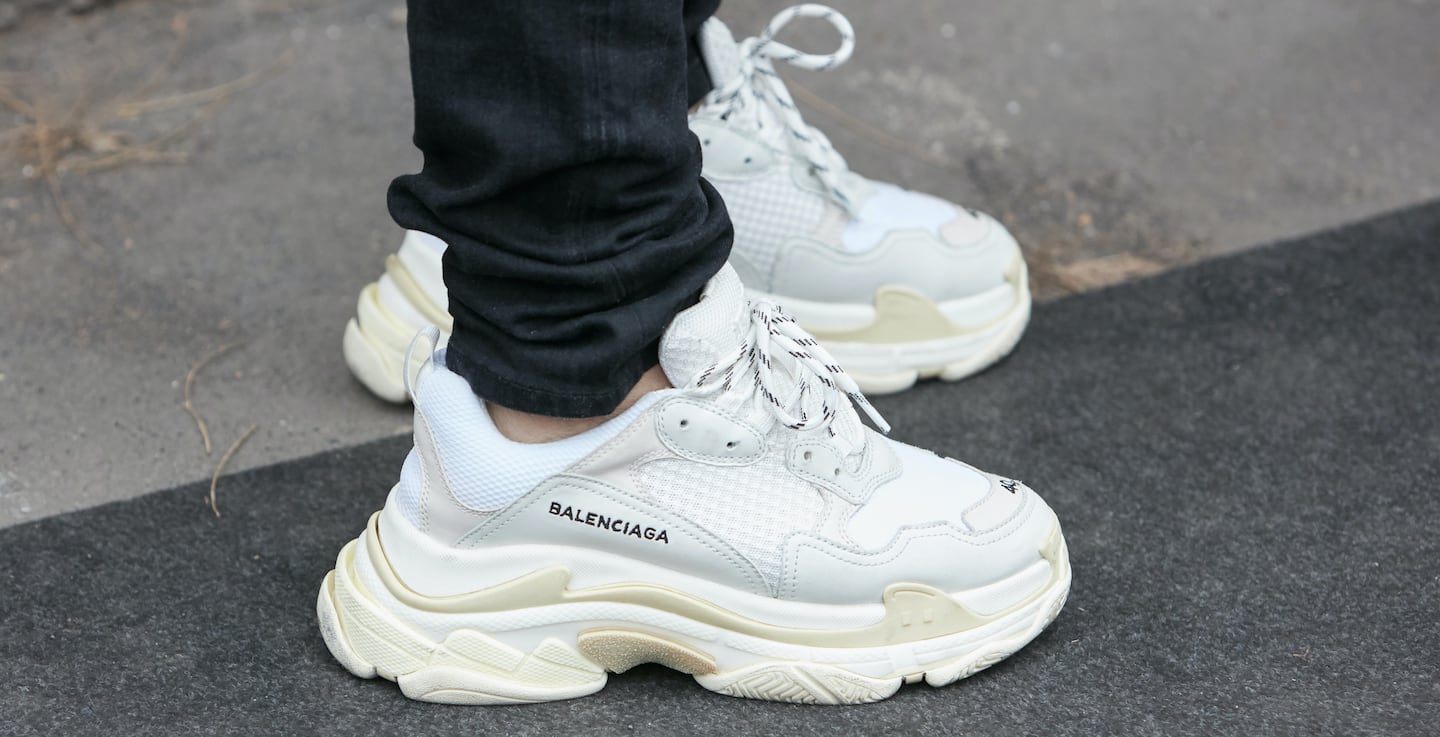
The Business of Fashion
Agenda-setting intelligence, analysis and advice for the global fashion community.

Agenda-setting intelligence, analysis and advice for the global fashion community.

VENICE, Italy — Men and young "millennial" shoppers are the main drivers of a sales explosion at Balenciaga, the storied couture firm turned edgy label now posting the fastest growth rates within the Kering group, its chief executive said on Tuesday.
Millennials, the generation born between the early 1980s and mid-1990s, are fueling growth across the luxury goods industry, accounting for about a third of global sales, though brands are fighting for attention from these shoppers.
Men's fashion, meanwhile, has typically contributed less to luxury brand earnings than women's clothing and accessories, but an emphasis on high-end casualwear at many labels as well as a push to sell online has begun to fuel growth in this segment.
"Millennials represent 60 percent of what we sell. Together with men, these are growing faster than any other (category)," Balenciaga chief executive Cedric Charbit told a Financial Times luxury goods conference in Venice, Italy.
ADVERTISEMENT
The 101-year-old label, once known for its structured haute couture dresses by founder Cristobal Balenciaga, does not break out earnings, though Kering boss Francois-Henri Pinault has flagged it will reach 1 billion euros ($1.18 billion) in annual sales of its fashion, shoes and handbags in the medium-term.
Still dwarfed by stablemate Gucci, with 6.2 billion euros in revenue in 2017, Kering said Balenciaga was its fastest-growing brand in the past two quarters, trumping the Italian label's 49 percent rise in comparable sales in the January to March period.
Under Georgian designer Demna Gvasalia, hired in 2015, Balenciaga has embraced logos and streetwear looks like hoodies, while still experimenting with textures and silhouettes in futuristic or glamourous styles.
Charbit said Balenciaga was growing fast, including more than 100 percent in some cases, across all areas, from handbags to clothing, even though the brand has become known for its $850 thick-soled "Triple S" sneakers.
"There's not a dinner I go to where a father or someone (doesn't) say 'stop releasing these shoes, it's out of control, we spend too much money at Balenciaga', which I'm very happy with," Charbit said.
The brand is among several increasingly courting male shoppers as a fresh growth avenue as luxury goods spending, especially by Chinese consumers, rebounds. Some rivals like Louis Vuitton, owned by LVMH, have recently changed menswear designers.
Kering finance director Jean-Marc Duplaix said in April Balenciaga was extending its men's business, without detailing how.
The Swiss watch sector’s slide appears to be more pronounced than the wider luxury slowdown, but industry insiders and analysts urge perspective.
The LVMH-linked firm is betting its $545 million stake in the Italian shoemaker will yield the double-digit returns private equity typically seeks.
The Coach owner’s results will provide another opportunity to stick up for its acquisition of rival Capri. And the Met Gala will do its best to ignore the TikTok ban and labour strife at Conde Nast.
The former CFDA president sat down with BoF founder and editor-in-chief Imran Amed to discuss his remarkable life and career and how big business has changed the fashion industry.